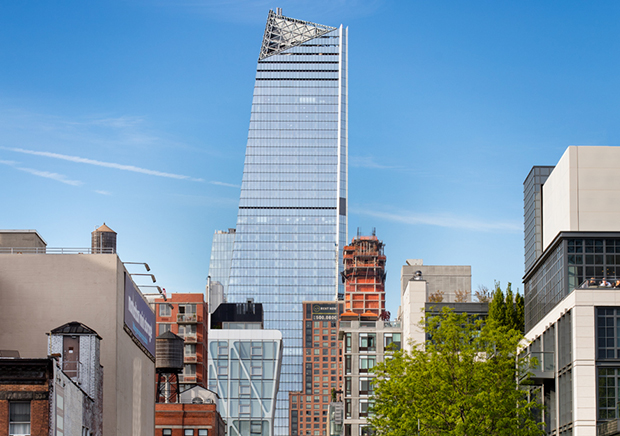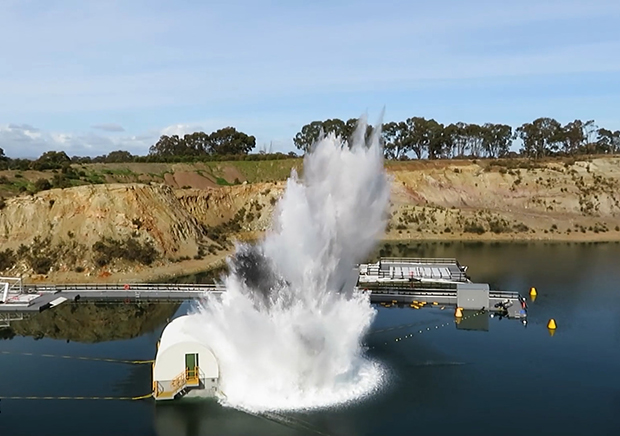
Steve Freihon/Related-Oxford
New York, New York
Global experience.
Regional perspective.
Local impact.




2nd floor, 12-16 Clerkenwell Road
London
EC1M 5PQ
United Kingdom

Featured Project
Stonecutter A new office building rewrites the rules of sustainable construction in London, doubling size without adding weight, reusing foundations and setting a low-embodied-carbon record for the City of London.Featured Project
Battersea Power Station ‘Phase 3,’ a key part of the regeneration of the Battersea Power station site in London, is one of the most exciting and innovative mixed-use neighbourhoods in the world.Featured Project
Arter Inspired by traditional Ottoman architecture, the Arter provides a new home for an ever-growing modern art collection.Insight
Circular Design in London: A Practical Strategy for Reducing Embodied CarbonNews
City of London Planning for Sustainability SPDNews
Talking Reuse: Reuse in Action – Thornton Tomasetti Directors Present on Material ReuseInsight
Decarbonising Off-Grid HomesNews
Martyn’s Law 2025: U.K. Venue Security & Compliance for the Built EnvironmentNews
Bold Tendencies Sculpture Park 2025News
Karuruma Trail Bridge CompletedInsight
An Update on RAAC in the UKInsight
What England's Building Safety Act Means for Forensic Engineers and InsurersNews
Construction Underway On Karuruma Trail BridgeNews
Makurungwe Trail Bridge RecapInsight
Operational and Embodied CarbonNews
Roundtable: Decarbonizing Today for Tomorrow's World, and...Insight
New London Plan Calls for Low-Carbon Building SectorInsight
Adaptive Reuse, Issue #2: A Path to Carbon NeutralityInsight
Adaptive Reuse, Issue #1: How To Navigate Recent U.K. Legislation Changes












